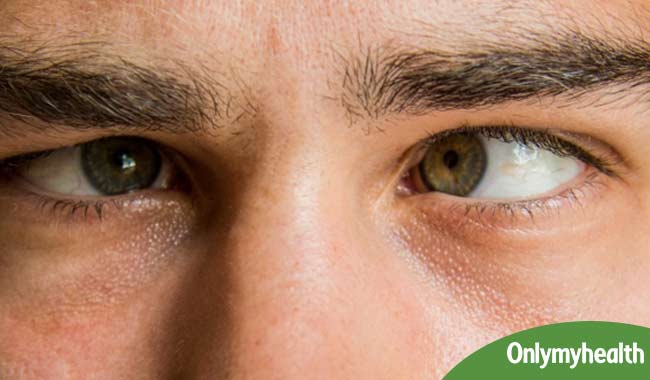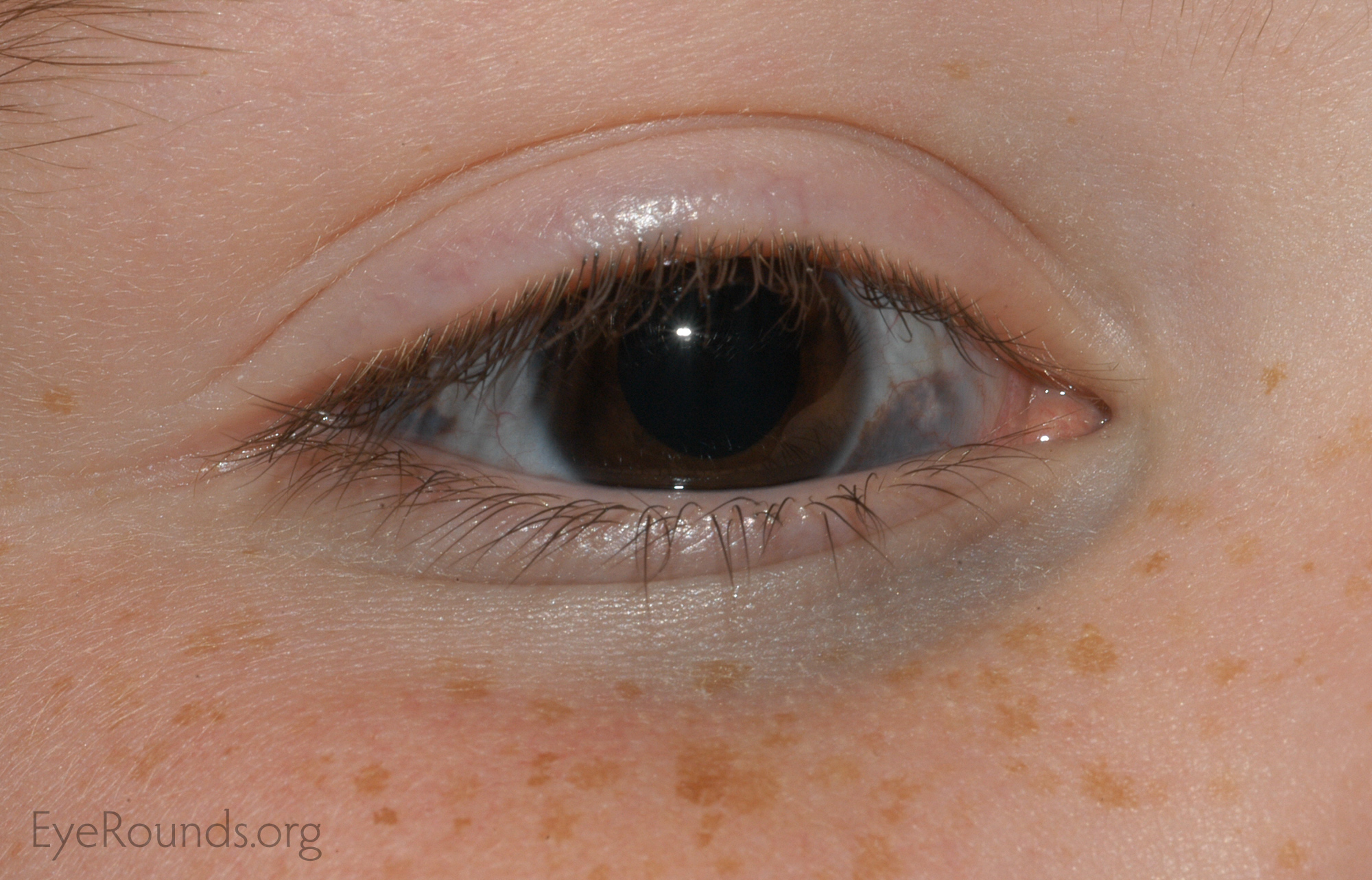
Have you ever looked up at the sky and noticed small black dots dancing around? Or perhaps you’ve seen them while staring at a blank wall or computer screen? These mysterious dots are called eye floaters, and they’re more common than you might think.
What Are Eye Floaters?
Eye floaters are small specks or clouds that move across your field of vision. They can be transparent, black, or colored, and they may appear as dots, squiggly lines, or cobwebs. Floaters are actually tiny clumps of gel or cells inside the vitreous – the clear, jelly-like substance that fills the inside of your eye. As light enters your eye, it casts a shadow on these clumps, creating the appearance of floaters.
What Causes Eye Floaters?
Most eye floaters are harmless and simply a part of aging. As we get older, the vitreous gel in our eyes becomes more liquid, causing it to pull away from the retina and form clumps. However, eye floaters can also be caused by eye injuries, eye diseases, or underlying health conditions. If you suddenly see a lot of floaters, especially accompanied by flashes of light or loss of peripheral vision, it could indicate a more serious problem and you should see an eye doctor immediately.
Can Eye Floaters Be Treated?

Most eye floaters do not require treatment and will eventually fade away on their own over time. However, if floaters are causing significant vision problems or interfering with daily activities, there are treatment options available. Laser treatment or surgery can be used to break up or remove large or persistent floaters, but these procedures are not without risks and should only be considered as a last resort.
Can You Prevent Eye Floaters?

Unfortunately, there is no surefire way to prevent eye floaters. However, there are some things you can do to reduce your risk or slow the progression of floaters:
- Protect your eyes from injury by wearing safety glasses during activities that could cause eye damage
- Eat a healthy diet rich in antioxidants and omega-3 fatty acids to promote eye health
- Manage underlying health conditions such as diabetes or high blood pressure that can affect your eyes
- Get regular eye exams to check for any changes in your vision or eye health
The Bottom Line

Eye floaters are a common and usually harmless phenomenon, but they can be a nuisance and sometimes a sign of a more serious problem. By understanding what causes floaters and how to manage them, you can take steps to protect your vision and enjoy clear, healthy eyesight for years to come.